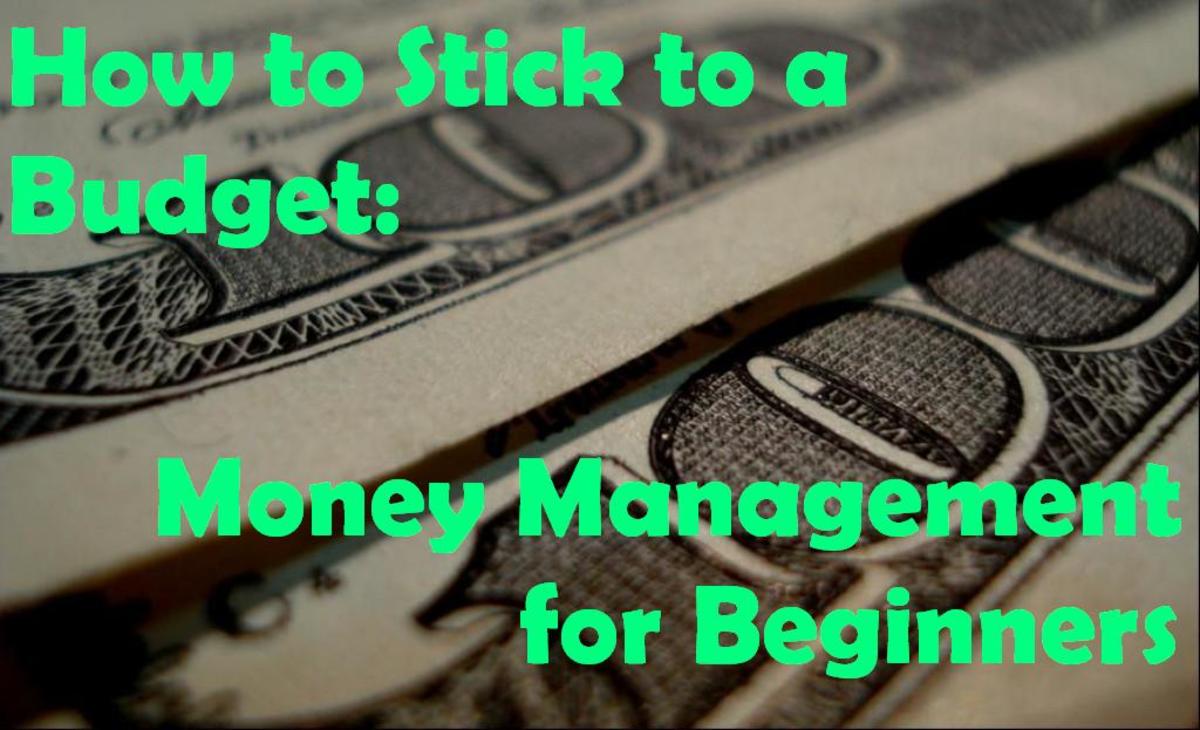Is a Semi Retirement Plan better than a No Retirement Plan?
How Much is Enough?

Traditional Retirement May Be Too Risky
As many baby boomers approach retirement age they face the daunting task of replacing their current income. If they are fortunate they have savings, 401k, or a pension to supplement their Social Security that generates sufficient income to live a comfortable retirement. But most aren't in that situation. The bad news is it takes a lot of assets to throw off enough income to make sure you don't run out of money before you die. The good news is you're likely to live a long time beyond the traditional retirement age.
Generating income from savings is very difficult in a low interest rate environment.How much in investment assets do you need to safely take $2,000 per month? A financial planner would tell you about $600,000. Many financial planners say you can only safely take out about 4%-5% per year from your retirement nest egg to be near certain that you don't outlive your savings.
You're not living like Donald Trump on $2,000/month.
Preparing for retirement is like running a business, except the business is you and your family. You should approach retirement with a plan, a real plan, written out in monthly detail with several "oh no" contingencies. You do not want to outlive your money and become a burden to your family or society.
Many people may find that working in retirement as a small business owner will give them far more income than they expect and, if you are a good manager, far more free time than holding down a conventional job would allow.
Your Financial Adviser Might not Like the Idea
Your financial adviser might not like the idea of you using your retirement funds for a business. Many financial and investment advisers make their money ON YOUR MONEY. If your money isn't at their institution they aren't making money on your money.
When you evaluate the business ownership make sure you consult with people who don't have a conflict of interest.
How to get Income from your Investments
Conventional wisdom says that when you retire, if you invest your money conservatively you can take 4% - 5% out each year and not run out of money before you die.
Here are some assumptions for our analysis:
- Your current job pays $80,000 per year and, according to retirement experts, you'll need to replace 80% ($64,000) of that to be comfortable in retirement.
- You have $200,000 in your IRA and you can withdraw 5% per year safely
- Your Social Security benefit is $2,000 per month.
Monthly income analysis:
- Social Security Income $2,000
- IRA Income $ 833 (5% of $200,000 divided by 12months)
- Total Income $2,833
Income needed $5,333 ($64,000 divided by 12 months)
Shortage -$2,700 per month
Looks like you'll need to keep working for a while. By the way getting $2,700 more per month would require an additional $660,000 in savings to invest. How long will you have to work to save an additional $660,000?
You could consider a variety of part-time retirement jobs but how many hours would you really need to work to generate $30,000 in income? Would you gain much more control over your time? Would you build equity that you could sell when you fully retire? Could you bring family members into your part time job?
There is another option. You could start a business, get into franchising or buy a small business. The business could, if managed properly, generate that $2,700 per month, increase in value and you could have sell your business later when you are ready to fully retire.
You see, the real problem with a regular job is they don't let you sell it when you retire. You don't own the equity in your job, your company does. If you owned a business from which you made the same $70,000 per year, you would likely be able to sell that business for between $120,000 to $190,000.
In "semi-retirement" you could buy a business that might work better for you than continuing to work. In order for this to work you need to have some competence as a manager. Here's what it would look like.
Let's say your goals are as follows:
- Retire from your current job that requires 50 hours a week
- Dramatically increase your control over your time
- Replace at least $30,000 per year of your current income
- Work part-time
- Continue to build your assets for your full retirement
You could do the following:
Maybe Buying a Small Business that is Easy to Run is a Good Option
Buy a business that has a profit to the owner of $100,000. Let's assume the price of that business is $250,000. Your down payment of $ 50,000 comes from your retirement 401k (which was $200k before and, after the down payment, is now $150K).
Business purchase math:
Business Price $250,000 .....Down payment $50,000.....SBA Loan $220,000 (includes working capital & fees). Annual payments on the SBA Loan would be $30,000/year.
Business earnings of $100,000 minus debt service of the SBA Loan $30,000/year.
This leaves $70,000 business profit. Now, you hire a manager for the business to handle the day-to-day activities for $40,000. A business that is valued at $250,000 is not likely to be a complicated business.
So, now you have business earnings of $100k miuns debt payments of $30,000, minus manager salary of $40,000 leaves the annual income profit to you of $30,000.
Now let's look at the new retirement picture. Remember we're trying to create $64,000 in annual income (see above) or $5,333 per month.
Social Security $2,000 per month24,000/year
Savings Income $ 625/month ($150,000/year x 5% withdrawal/12months)
Income from business $2,500/month ($30,000/12 months)
Total monthly income $5,125/month
Plus, your SBA Loanwill be paid by the business and in 10 years the business will be debt free. If the business doesn't increase in value you can sell it for $250,000 at that time. If it increases in value 5% per year, you will be able to sell the business for $400,000 at that time.
You have many options to consider when evaluating your retirement or pre-retirement years. Often people simply look at part-time retirement jobs working for companies and those part time jobs generally aren't very attractive either from a working conditions perspective or from a mentally engaging perspective. Maybe applying your years of experience to a small business which can grow in value is a better use of your time as compared to just getting up and heading off to your same old job for thee foreseeable future.
Consider all your options and get expert advice from advisers you know and trust. Who knows, your retirement years might be the most productive years of your career.
A Tradional Retirement Might not be an Option nor be Good for You
A persons thoughts on retirement may not lineup with what's real or possible. PBS did a series of profiles on retiree that may be helpful as you make plans or decisions.








